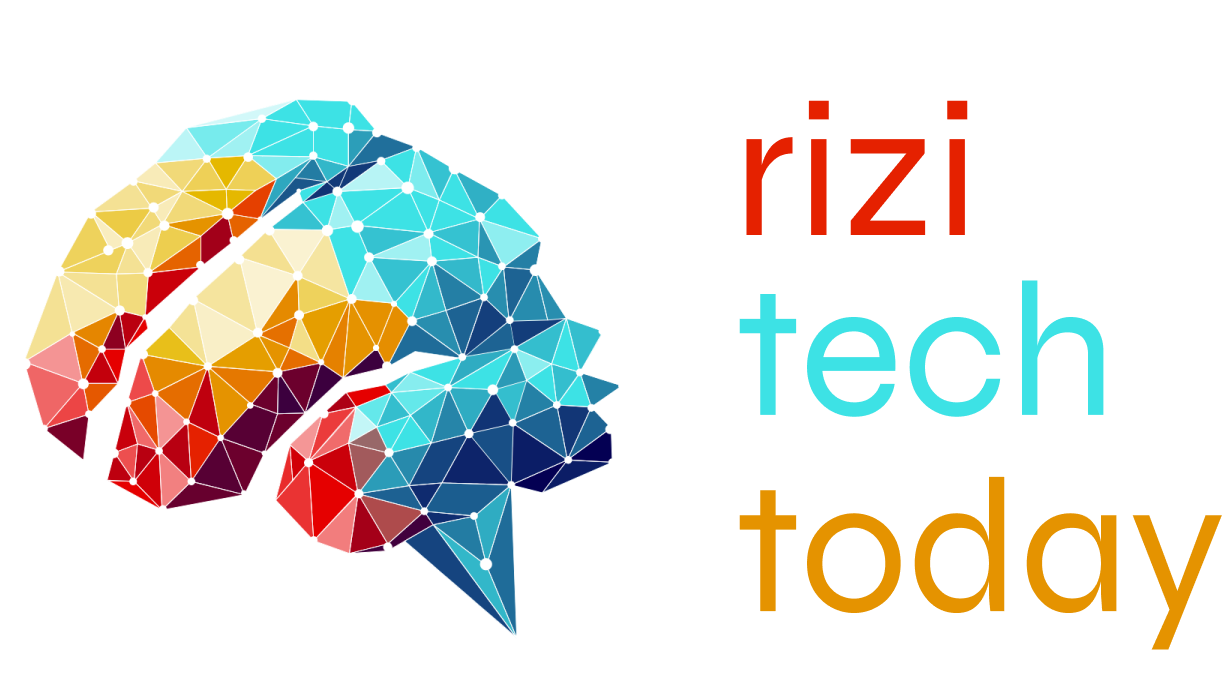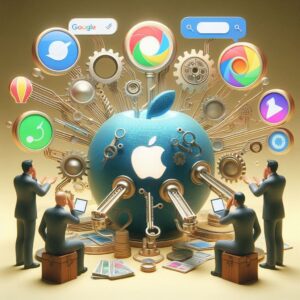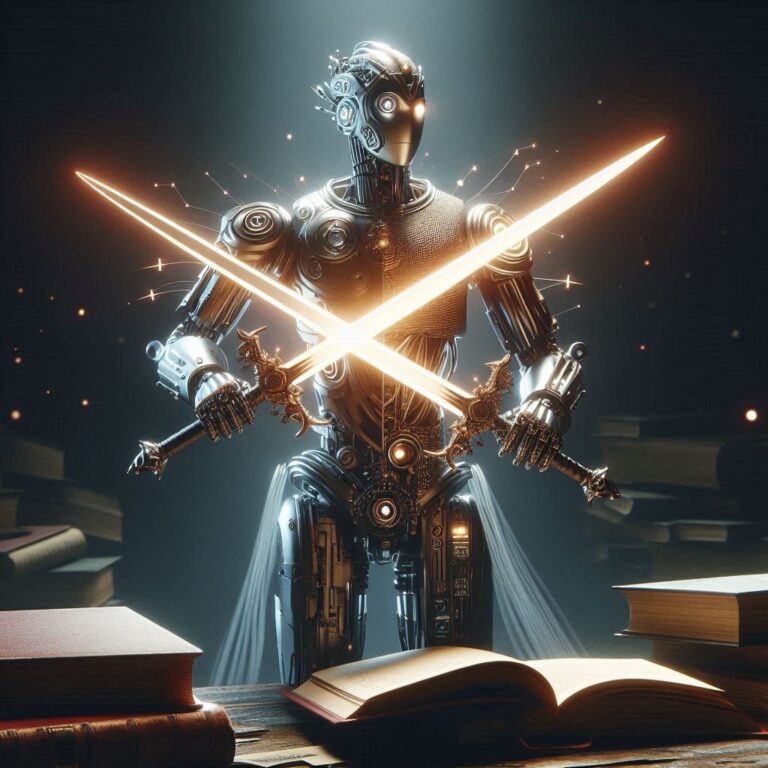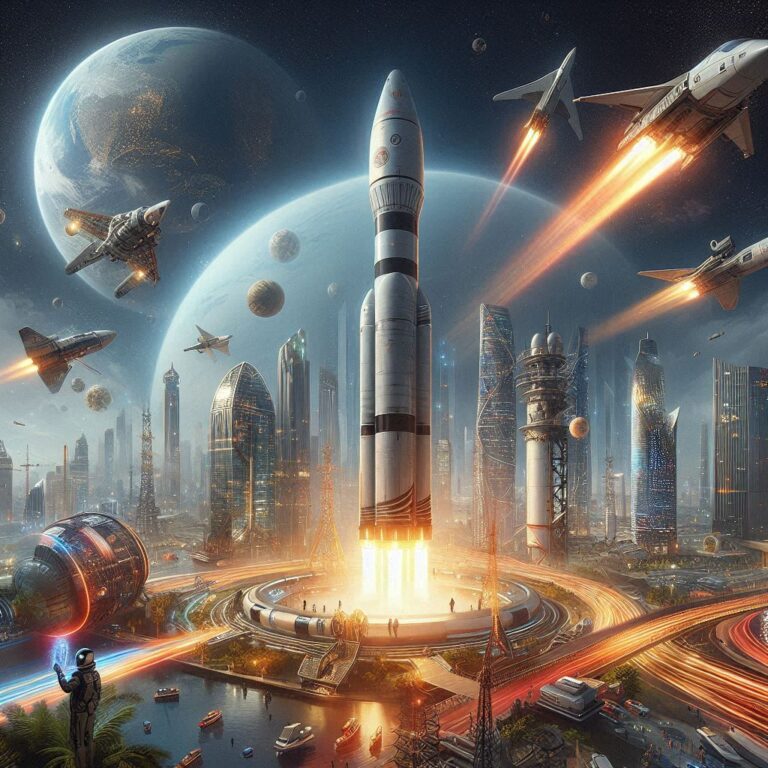The advent of artificial intelligence (AI) has ushered in a new era of content creation. AI-powered tools can generate text, images, and even music, raising questions about the future of human creativity. While AI offers immense potential, it also presents challenges and ethical considerations.
Three Potential Scenarios: A Complex Landscape
- AI as a Creative Tool: AI can enhance human creativity by assisting with tasks like brainstorming, generating ideas, and automating routine processes. This can empower creators to produce more content efficiently and explore new creative directions.
- AI Dominance: A Dystopian Vision: A dystopian scenario where AI-generated content overshadows human creativity due to its efficiency and low cost. This could lead to a decline in originality and a homogenization of content.
- Human Creativity as a Premium: As AI becomes more prevalent, human-generated content may be valued more highly for its authenticity and originality. This could create new opportunities for creative individuals who can differentiate themselves from AI-generated content.
The Most Likely Outcome: A Balanced Approach
The most likely outcome is a combination of these scenarios. AI will likely become an increasingly valuable tool for creators, but human creativity will remain essential for producing truly original and engaging content.
Key Considerations: Navigating the AI-Generated Content Landscape
- AI’s Limitations: While AI can generate impressive content, it often lacks the depth, nuance, and originality of human creativity.
- Human-AI Collaboration: The most effective use of AI may be as a tool to augment human creativity, rather than replace it entirely.
- Ethical Considerations: The use of AI in content creation raises ethical questions about copyright, plagiarism, and the potential for misinformation.
The Future of Content Creation: A Balancing Act
As AI technology continues to evolve, it will be crucial to monitor its impact on the creator economy and ensure that it is used in a way that benefits both creators and consumers. By striking a balance between human creativity and AI-powered tools, we can harness the potential of AI to enhance content creation while preserving the unique value of human ingenuity.
FAQs
What are the potential benefits of using AI in content creation?
AI can enhance human creativity by assisting with tasks like brainstorming, generating ideas, and automating routine processes. This can lead to increased efficiency, productivity, and the ability to explore new creative directions.
What are the potential risks of relying too heavily on AI-generated content?
Overreliance on AI-generated content could lead to a decline in originality, a homogenization of content, and a loss of human creativity. Additionally, there is a risk of AI-generated content being used to spread misinformation or propaganda.
How can creators differentiate themselves from AI-generated content?
Creators can differentiate themselves by focusing on qualities that AI cannot easily replicate, such as:
- Authenticity: Sharing personal experiences and perspectives.
- Originality: Creating unique and innovative content.
- Depth: Providing in-depth analysis and insights.
- Emotional connection: Connecting with audiences on an emotional level.
What are the ethical considerations associated with using AI in content creation?
Ethical considerations include:
- Copyright infringement: Ensuring that AI-generated content does not infringe on existing copyrights.
- Plagiarism: Preventing AI from generating content that is plagiarized from existing sources.
- Misinformation: Addressing the potential for AI to be used to spread misinformation or propaganda.
What is the future of content creation in the age of AI?
The future of content creation is likely to involve a combination of human creativity and AI-powered tools. AI can be a valuable asset for creators, but it is important to ensure that it is used ethically and responsibly. Ultimately, human creativity will remain essential for producing truly original and engaging content.











